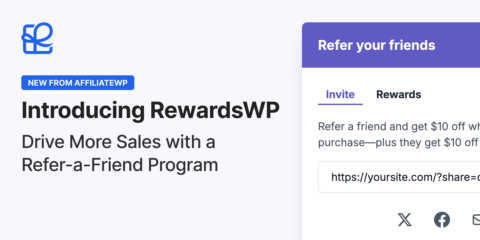Essential cookies enable basic functions and are necessary for the proper function of the website.
Cookie Preferences
This cookie is used to store the user's cookie consent preferences.
30 days
-
Cookie Preferences
This cookie is used to store the user's cookie consent preferences.
30 days
-
edd_items_in_cart
Stores information about the cart contents.
Session
-
wpfuuid
Used to track user interactions with forms.
11 years
-
comment_author
Used to track the user across multiple sessions.
Session
-
comment_author_email
Used to track the user across multiple sessions.
Session
-
comment_author_url
Used to track the user across multiple sessions.
Session
-
edd_session_
Stores information about the current user session.
Session
-
wordpress_logged_in
Used to store logged-in users.
Persistent
-
wordpress_sec
Used to track the user across multiple sessions.
15 days
-
wordpress_test_cookie
Used to determine if cookies are enabled.
Session
-


Hi Mandy, Thank you for sharing thoughts on how to attract influencers as affiliate marketers! For the past month, I am trying to do precisely this full time, and my efforts fail up so far. First of all, I bought AffiliateWP software and built an excellent Affiliate Program based on it. Then I subscribed to BuzzSumo and started digging for influencers in my niche (travel). After a month of continuous research and outreach, it turned out that influencers do not like Affiliate Programs at all. I exchanged emails with about twenty travel bloggers and influencers, mainly in the UK and Europe. All they want is an upfront payment for the services they offer: blog posts, social media posts, reviews, etc. And some of these “influencers” have below 2000 followers on Twitter. Now that I have invested more than three months of hard work, it turns out that probably affiliate programs are not the key to attract influencers. I hope I am wrong! I hope the US and Asia based influencers are different than their European colleagues. Now I am stuck and wonder what to do…
Hey, Iliyan! Thanks for sharing your insights. It may be that influencers who brand themselves as such are more often into the pay-up-front model. However, there are plenty of people who function as influencers in general (rather, people who simply have influence) and might be more keen to join an affiliate program – YouTubers, for example!
When it comes to travel, I think Instagram is a good place to look, perhaps more than Twitter, simply because it’s such a visual platform, with a ton of travel focus. Have you done much exploring there?